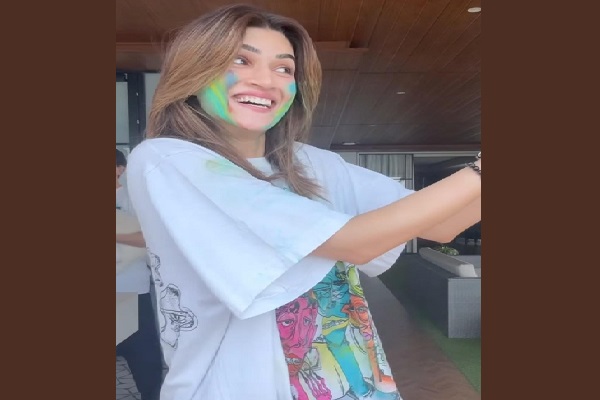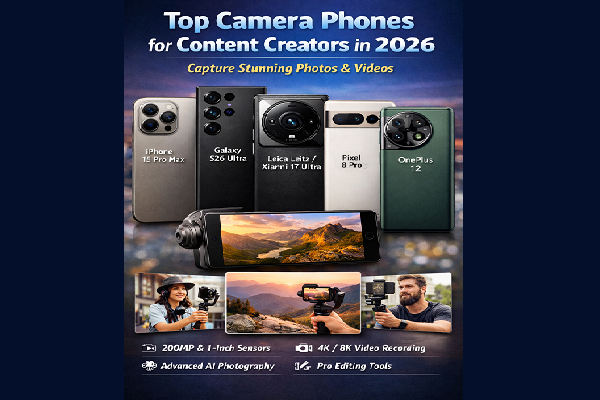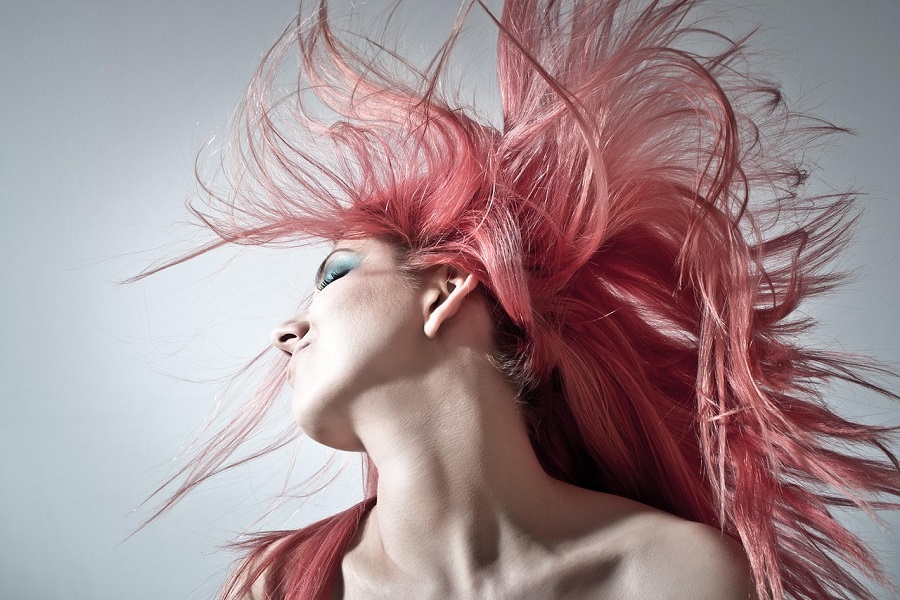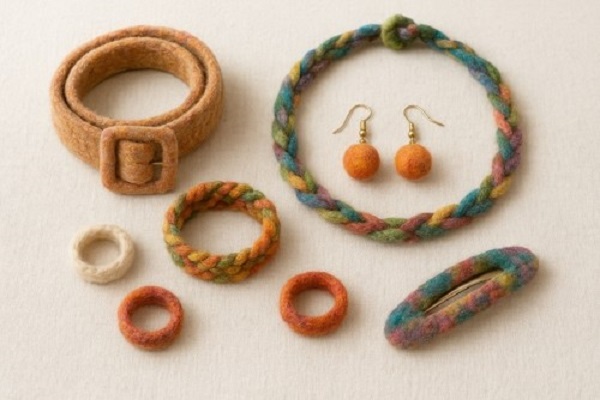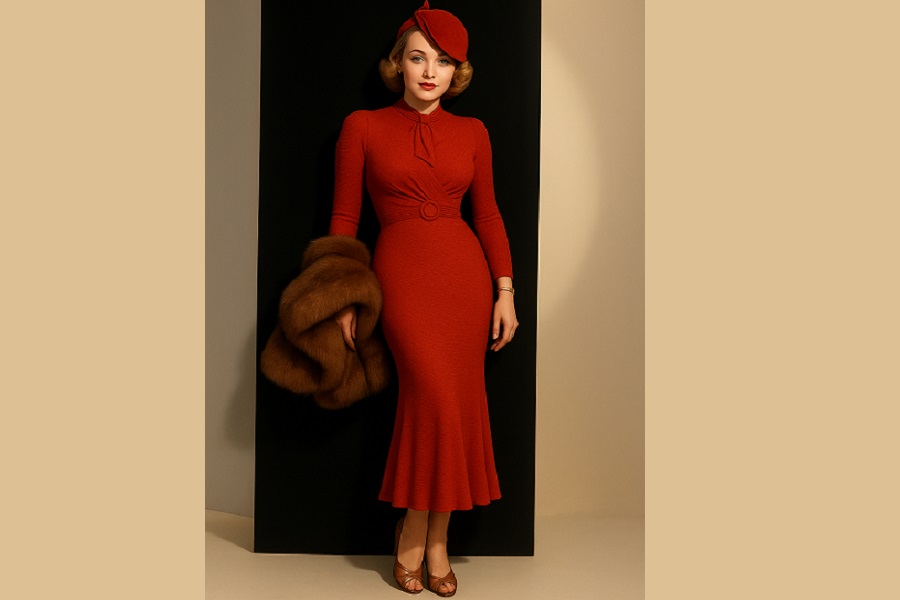Luxury Fashion: Exploring the World of High-End Brands and the Psychology Behind It
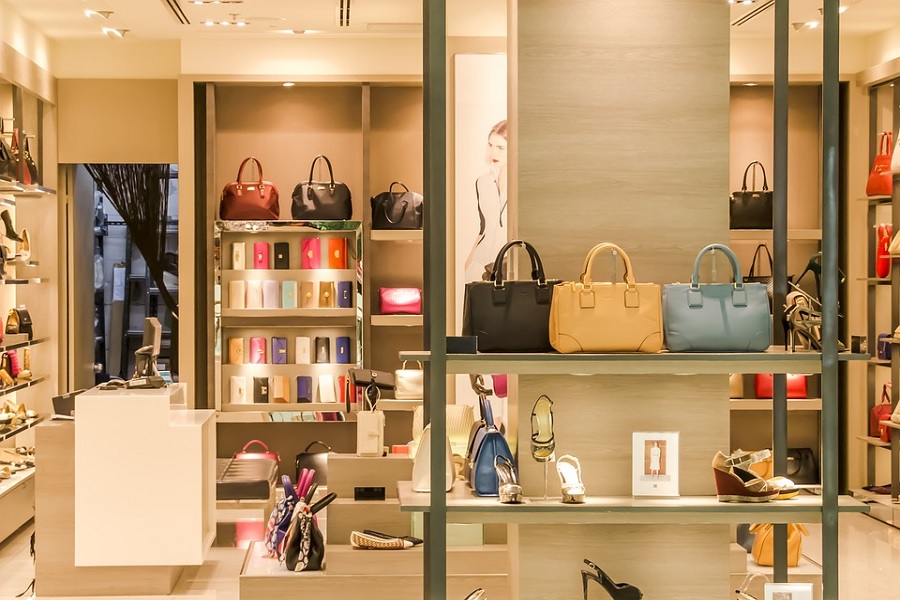
Luxury fashion represents more than just clothing; it is an expression of status, exclusivity, and personal identity. High-end brands like Louis Vuitton, Chanel, Gucci, and Rolex have long been synonymous with prestige, but what is it about these luxury items that attract consumers worldwide? In this article, we delve into the world of luxury fashion, examining the appeal of these coveted brands and the psychology that drives consumers to make high-end purchases.
The Allure of Exclusivity
One of the defining features of luxury fashion is its exclusivity. Limited production runs, high-quality materials, and exceptional craftsmanship ensure that luxury items are rare and often out of reach for the average consumer. This scarcity creates a sense of desire. Consumers are willing to pay premium prices for the privilege of owning something that very few others can access. It’s not just about the item itself, but about the status that owning it confers.
Craftsmanship and Quality
Luxury brands are known for their impeccable craftsmanship and attention to detail. Whether it’s the hand-stitched leather of a designer handbag or the fine tailoring of a couture dress, the quality of materials and construction plays a pivotal role in creating an aura of luxury. This quality often justifies the high prices, as consumers are not only paying for the label but for the assurance of longevity and durability.
The Psychology of Luxury Purchases
Why do consumers choose luxury brands over more affordable alternatives? The psychology behind this decision is rooted in various factors, including:
*Social Signaling: Luxury fashion serves as a symbol of wealth, success, and sophistication. Wearing high-end brands allows individuals to communicate their social status to others. In a world where social media and influencers play a huge role in setting trends, luxury fashion becomes a visible marker of success.
*Emotional Fulfillment: For some, luxury items offer a sense of emotional satisfaction. Purchasing a designer item may provide a feeling of accomplishment, self-reward, or personal indulgence. These items are often associated with moments of success or celebration, making them even more emotionally significant.
*Brand Loyalty and Identity: Luxury fashion brands often create strong emotional connections with their customers. These brands are more than just products; they are an integral part of the consumer’s identity. People who buy from brands like Chanel or Hermes often do so because they identify with the brand’s heritage, values, or aesthetic.
The Role of Celebrity and Influencer Endorsements
In the age of social media, celebrity endorsements and influencer culture have amplified the appeal of luxury fashion. When a well-known celebrity or social media influencer is seen wearing a designer item, it quickly becomes a must-have for their followers. This influence can drive a surge in demand, making luxury brands even more desirable.
Brands themselves have increasingly embraced the power of social media marketing, with high-profile collaborations and campaigns targeting the younger, more digitally savvy demographic. This shift in marketing strategy ensures that luxury fashion continues to be relevant and desirable, especially among millennials and Gen Z consumers.
Sustainability in Luxury Fashion
While the traditional luxury market has been associated with exclusivity and excess, a shift toward sustainability is occurring within the industry. High-end brands are increasingly focusing on ethically sourced materials, eco-friendly production methods, and transparent supply chains. This move towards sustainability resonates with a growing segment of consumers who want to ensure that their luxury purchases align with their values.
The Future of Luxury Fashion
The future of luxury fashion lies in adapting to changing consumer expectations. The younger generations, in particular, demand more than just high-quality goods—they want authenticity, sustainability, and inclusivity. Luxury brands that successfully combine timeless craftsmanship with ethical practices are likely to remain at the forefront of the industry.
Additionally, the rise of digital fashion and virtual luxury experiences could redefine the concept of luxury in the digital age. As more people engage with virtual realities, the demand for virtual fashion items and NFTs (non-fungible tokens) associated with luxury brands may grow, offering consumers new ways to engage with their favorite high-end labels.
Conclusion
Luxury fashion is more than just a market for expensive clothing and accessories—it is a cultural phenomenon deeply intertwined with identity, status, and emotional fulfillment. Whether through impeccable craftsmanship, limited exclusivity, or celebrity endorsements, luxury brands have mastered the art of creating desirability. As consumer preferences continue to evolve, so too will the industry, ensuring that luxury fashion remains a dynamic and influential force in global markets.


















